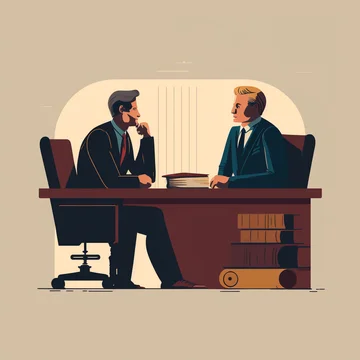
Delaware's Local Rule 7.1.1 requires, in cases that don't involve pro se parties, that the parties must have a verbal meet-and-confer before either party files a non-dispositive motion:
Except for civil cases involving pro se parties or motions brought by nonparties, every nondispositive motion shall be accompanied by an averment of counsel for the moving party that a reasonable effort has been made to reach agreement with the opposing party on the matters set forth in the motion. Unless otherwise ordered, failure to so aver may result in dismissal of the motion. …








